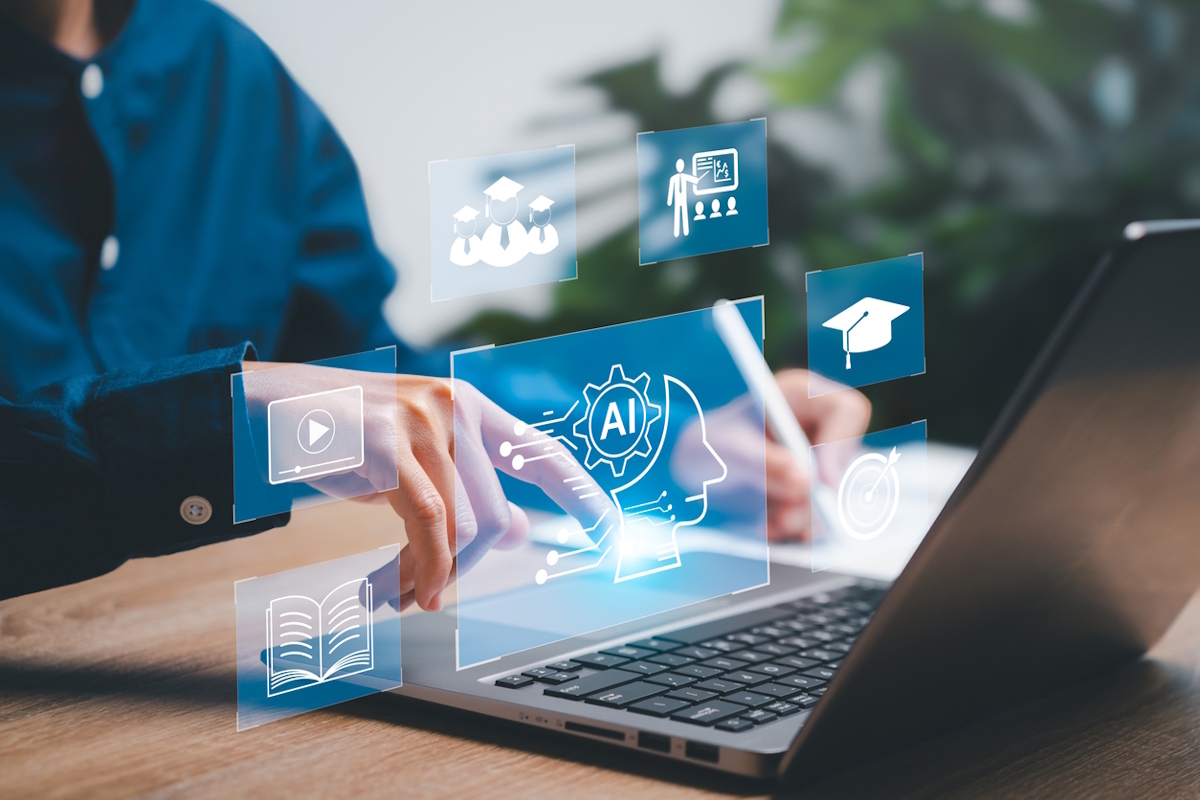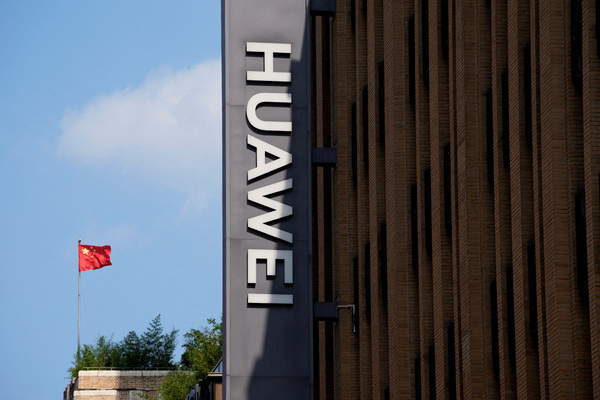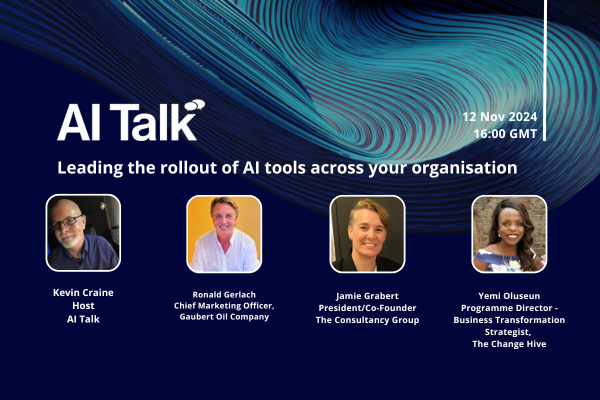Skills and attitudes for effective AI implementation

Heba Ramzy at Avanade describes how organisations can build the right skills and attitudes among workers needed to drive AI value
As AI moves from pilot projects to large-scale implementation, business leaders are eager to see returns on their investments. According to Forrester, nearly half of AI decision-makers expect a return on investment within just 1-3 years.
A recent report from Avanade underscored this potential, revealing that 45% of employees feel more confident in their communication when using AI tools like Copilot, with the added benefits of enhanced creativity and productivity. Despite these promising outcomes, many organisations still face challenges in building the infrastructure and attitudes needed to reap the benefits.
While two-thirds of business leaders acknowledge the importance of new skills for leveraging generative AI, only half of organisations are ready to provide the necessary training. Even fewer - just 48% - have implemented comprehensive policies for the responsible use of AI.
This gap between recognition and action signals a pressing need for businesses to implement thoughtful strategies that go beyond simple adoption. Critically, this needs to be accompanied by the right skills, attitudes, and a culture of collaboration with AI that ensures responsible use. This means not only upskilling existing employees but also nurturing the next generation of talent, equipping them to use AI responsibly and effectively.
Internal training programmes
To ensure AI’s success in organisations, it’s essential to develop internal training programs that go beyond technical skills, fostering collaboration between humans and AI. Employees must understand AI’s strengths and limitations to use it effectively, supported by a culture of continuous learning where AI is seen as a tool to enhance, not replace, human skills.
Training should blend technical expertise with soft skills like critical thinking, problem-solving, and adaptability. This helps employees integrate AI into their work, knowing when to rely on AI and when human judgment is necessary for productive and responsible outcomes.
Leaders should also build employee confidence in the technology by positioning it as a supportive tool, not a threat, empowering teams to work alongside AI while maintaining a people-first approach to innovation.
Hands-on experience for young talent
While young professionals entering the workforce often have a natural affinity for emerging technologies, practical, hands-on experience with real-world applications is key to closing the skills gap many organisations face.
Conferences like Fuel offer valuable experiential learning opportunities with AI. Through a mix of workshops, talks, and panels, events like these empower young people all over the world to shape the digital future and prepare for successful careers. Participants gain hands-on experience with AI tools, developing both technical skills and a deeper understanding of responsible, creative applications—essential for thriving in tomorrow’s job market.
Fuel has become a standout platform offering mentorship in tackling real-world challenges. This year’s AI hackathon saw winning teams designing an AI tool for healthcare training and another to improve accessibility for visually impaired students. Such conferences play an important role in empowering emerging talent and driving innovation.
By providing young professionals with firsthand AI experience, organisations can not only close the skills gap but also cultivate a new generation of innovators ready to thrive in AI-driven environments. Companies that invest in these initiatives will build a pipeline of talent capable of leading long-term success.
Prioritising responsible AI adoption
As businesses adopt AI, fostering a people-first approach to responsible use is essential. This focus ensures that AI enhances rather than replaces human decision-making, empowering employees to use AI confidently while maintaining control over outcomes.
Clear communication is vital. Companies should emphasise that AI serves as a supportive tool, not a substitute for human judgment. This distinction helps cultivate a healthy relationship between workers and AI, keeping human expertise central to decision-making.
Mentorship can also aid responsible AI use by having experienced staff guide peers in effectively integrating AI. This supportive environment encourages employees to experiment with AI, ensuring its benefits are widely shared across the organisation.
Moving from adoption to impact
With nearly half of decision-makers expecting returns on investment within a few years, businesses can no longer afford a passive approach to AI. Closing the gap between recognising AI’s potential and realising its impact starts with empowering employees through the right skills, mindset, and support systems.
Ultimately, AI’s greatest value comes from how effectively humans and machines can collaborate to deliver stronger, more innovative outcomes together.
Heba Ramzy is Global Citizenship Lead at Avanade
Main image courtesy of iStockPhoto.com and CHOLTICHA KRANJUMNONG

Business Reporter Team
Most Viewed
Winston House, 3rd Floor, Units 306-309, 2-4 Dollis Park, London, N3 1HF
23-29 Hendon Lane, London, N3 1RT
020 8349 4363
© 2024, Lyonsdown Limited. Business Reporter® is a registered trademark of Lyonsdown Ltd. VAT registration number: 830519543





